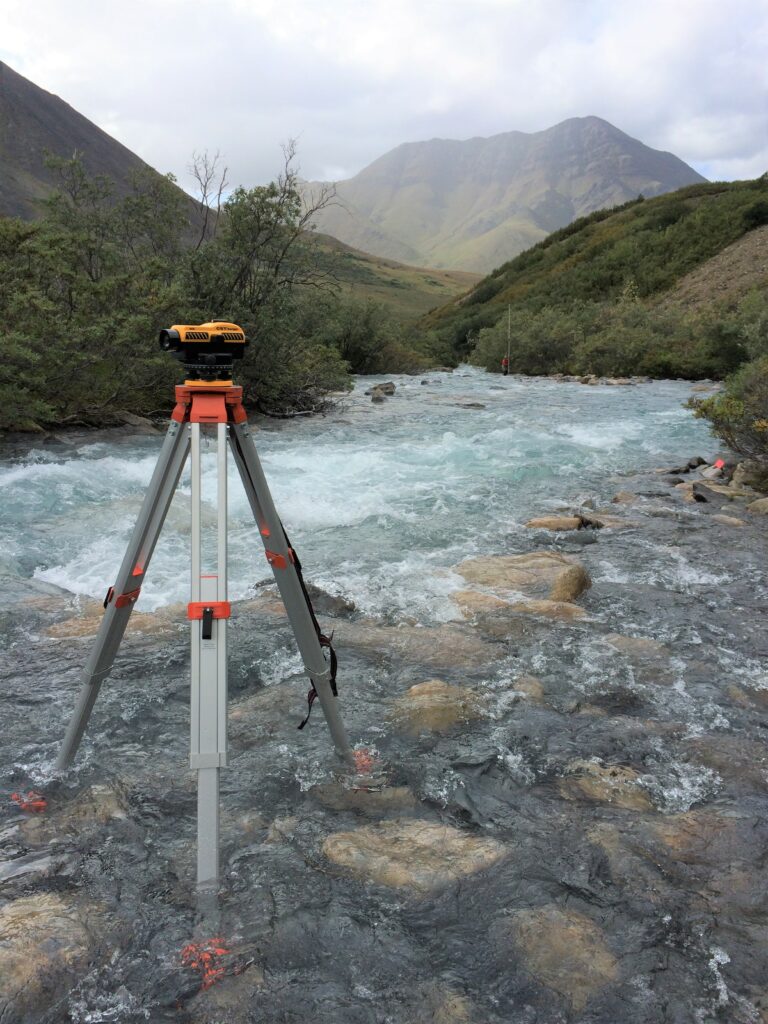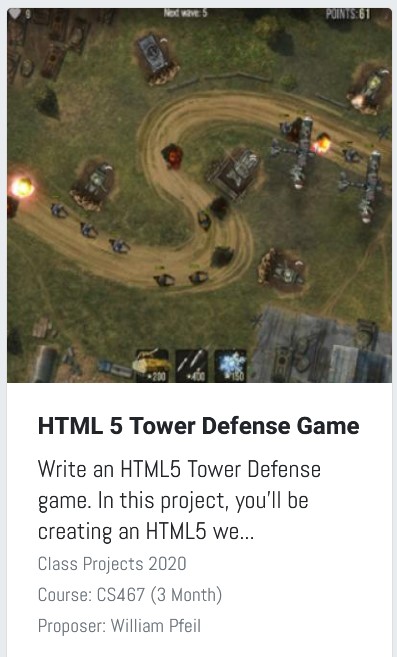Hello and welcome! My name is Casey Cheek and I’ve created this blog to document my progress through Oregon State University’s computer science capstone project.
First, some context
I’m originally from Alaska which is where I got my first degree in biology. Back then, I collected insects for a living. I’m quite good at identifying them too, so if you see a weird bug, send me a picture and I’ll tell you what it is!
I also used to do stream surveys for the Bureau of Land Management, which is how I was able to take cool pictures like this:

But after a certain point, I realized that the years were ticking by but I wasn’t making much money, had no job security, nor benefits. I needed to try something different.
A fresh start in computer science
This degree program has been a fantastic experience so far. I find that learning to program has rewired my brain so that I can think about problems in new ways. I’ve always enjoyed scientific writing so I love that I can use those principles to write clean, modular, approachable code. And I love understanding how all the technologies that we depend on everyday work.
Over the break between summer and fall term, I completed a five week internship at a patent and prototyping company. There, I gained valuable experience both designing and coding the user interface for two separate products. I think I really excelled at the UI stuff and hope I can continue doing that in future jobs.
Which brings us to now
I’ve just taken the “Choose Your Project” survey and am excitedly waiting for my project and team assignment. Going into this class, I worried that I would be stuck with an uninteresting project, but the OSU project page is full of very cool ideas. As my top five choices, I picked one citizen science app and four different games.

I know I have the skills to make an excellent citizen science app, because I’ve worked on projects before that help the general public be involved in active science. These projects must be carefully designed to both be accessible to folks of diverse backgrounds, and to be able to produce valuable, reliable data. With insect monitoring for example, it can take extensive training to accurately identify a bug down to the species level. We can get around those technical barriers by asking for different kinds of data, i.e. photographs instead of identifications. Even if I don’t end up working on this particular app, I think I’d to try building another citizen science app in the future.

Choosing the game proposals felt almost like a guilty pleasure. It’s just… I would really love to learn how to make games. I know this class isn’t so much about teaching a specific technique and more about providing support, but I think I need the structure and pressure of a class to learn this stuff rather than tackling it all on my own. It does seem a bit cliche to start getting into computer science and then immediately jump into “I want to make games for a living!” Sure, it makes sense. Playing a video game is often the first time a person associates a computer with pleasure, whereas doing “work” on a computer (writing an essay, doing your taxes, filling out spreadsheets) is associated with discomfort. Also there are probably more important areas to apply a CS degree (healthcare, public infrastructure, scientific software) but you know the video game industry could really use more female voices and… maybe I could help?
For now it’s out of my hands. In the next post, I’ll have heard back from the instructors, so I can tell you all about my new project and team!